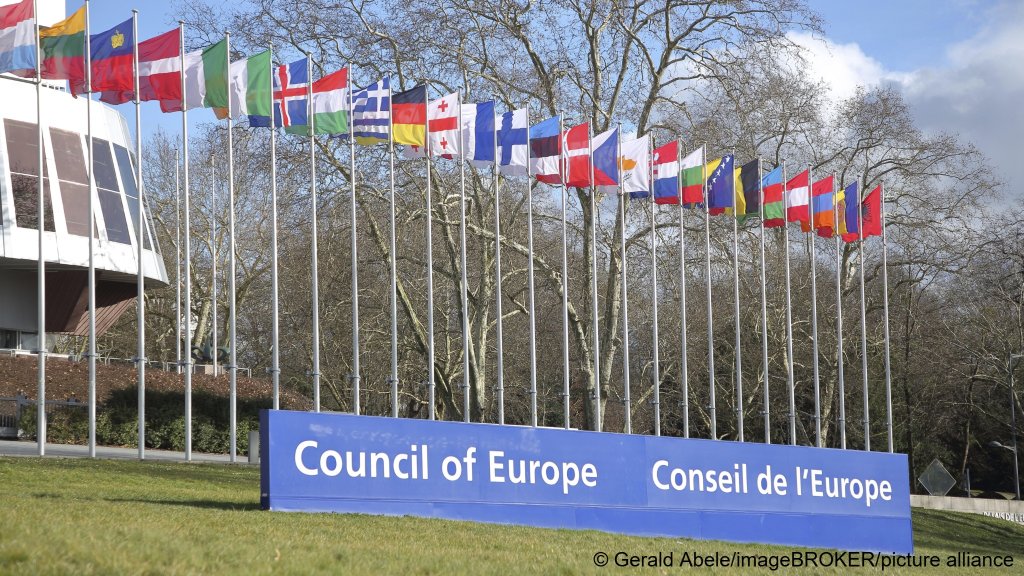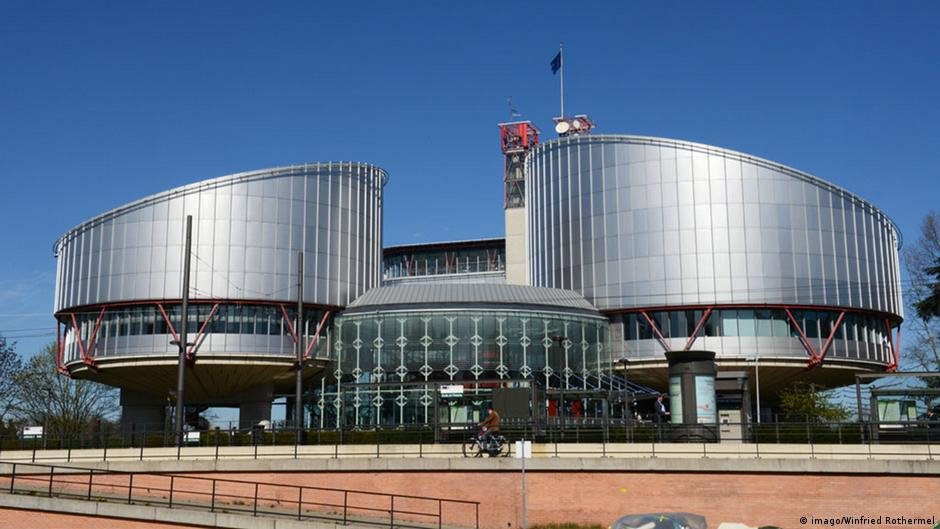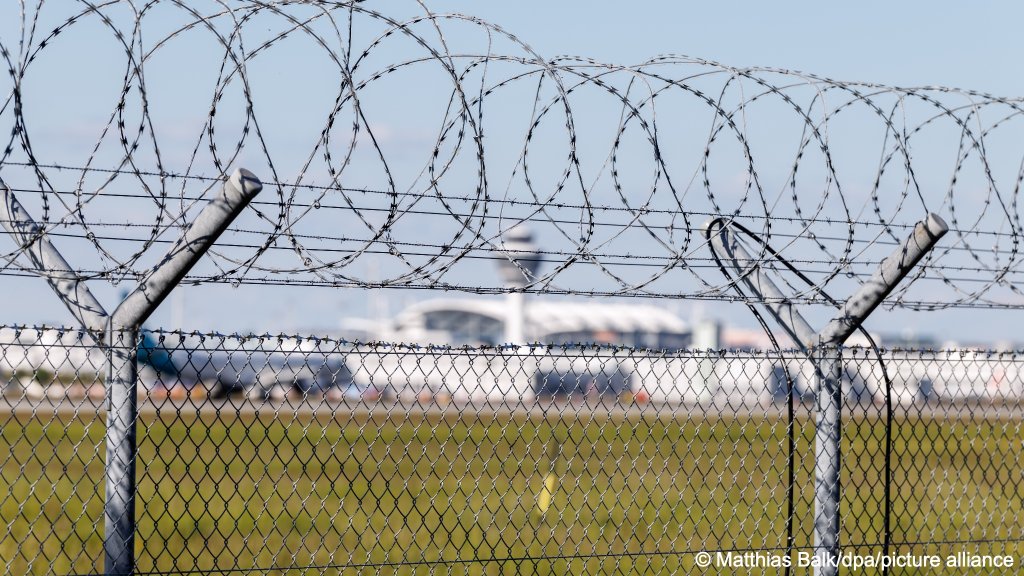The Council of Europe has pushed back against calls from nine member states to revise how the European Court of Human Rights interprets migration-related cases. Secretary General Alain Berset warned against politicizing the court, stressing that its independence is essential to protecting fundamental rights and democratic stability across Europe.
Alain Berset, Secretary General of the Council of Europe, defended the independence of the European Court of Human Rights (ECtHR) on Saturday (May 24) after nine member states accused it of obstructing efforts to deport migrants who commit crimes.
In a joint letter made public Thursday, the leaders of Denmark, Italy, Austria, Belgium, Czechia, Estonia, Latvia, Lithuania, and Poland called for a “new and open-minded conversation” on how the court interprets the European Convention on Human Rights (ECHR), particularly in migration-related rulings.
"Their concern centers on rulings in the field of migration," Berset acknowledged. "These are complex challenges, and democracies must always remain open to reflection through the appropriate institutional avenues." However, he stressed that the ECtHR is "not an external body" but the legal arm of the Council of Europe -- "bound by a Convention that all 46 members have freely signed and ratified." Its role, he said, is to "protect the rights and values they committed to defend," and its independence is "our bedrock."
Read AlsoECtHR finds Greece's border 'pushbacks' illegal in landmark ruling
Politicization of the court threatens independence
The letter -- led by Italy’s Giorgia Meloni and Denmark’s Mette Frederiksen -- argues that recent court decisions have protected the "wrong people" by placing excessive limits on national discretion, especially in expelling criminal foreign nationals. It also urges more flexibility in handling individuals who cannot be deported and in responding to so-called "hybrid attacks," such as Belarus allegedly weaponizing migration against the EU. "What was once right might not be the answer of tomorrow," the letter states.

In response, Berset warned that while debate is healthy, politicizing the court threatens judicial independence. "In a society governed by the rule of law, no judiciary should face political pressure," he said, cautioning that rights institutions must not "bend to political cycles" or risk undermining the stability they were created to uphold. He also highlighted the court’s essential role in addressing violations, including those linked to Russia’s war in Ukraine, which "should never be undermined."
Read AlsoItaly, other EU states urge rethink on European rights convention
Upholding human rights
Founded in 1949, the Council of Europe is separate from the EU and was established to promote democracy and human rights. The ECtHR, based in Strasbourg, ensures compliance with the Convention. It has ruled against several of the countries now seeking reform: Italy was condemned in 2016 for deporting Tunisians from Lampedusa without due process; Denmark lost the 2021 M.A. v. Denmark case over family reunification rights for Syrian refugees; and Latvia, Lithuania, and Poland face over 30 pending cases involving alleged illegal pushbacks of asylum seekers to Belarus, including one case involving 26 Kurdish Iraqis denied food and asylum access.

Legal scholars emphasize that the ECHR does not ban deportations outright but requires due process and protection against inhumane treatment. Article 8, on the right to family life, is frequently cited, but success is limited: just 11 percent of human rights claims were upheld between 2008 and 2021. In Savran v. Denmark, the court found that Danish authorities failed to consider the long-term integration and mental health of an applicant before ordering removal -- highlighting the importance of individual assessments.
Some leaders, especially in the UK, have long blamed the Convention for limiting migration control, but a 2021 independent review of Britain’s Human Rights Act found no evidence of judicial overreach. Critics now warn that weakening the Convention or the ECtHR could dismantle long-standing safeguards for vulnerable people and destabilize Europe’s human rights architecture.
Read Also'Brutal barriers'? A closer look at the EU's eastern border
Increased deportations
Meanwhile, governments across the EU are ramping up deportation efforts under mounting political and security pressure. In Germany, deportations rose 28 percent in the first quarter of 2025, while stricter border checks have led to a 45 percent increase in entry denials since Interior Minister Dobrindt took office. Vulnerable groups remain exempt, but Berlin plans further expansion of returns.
In Poland, which holds the EU Council presidency, authorities are carrying out large-scale deportations tied to organized crime, have approved laws to temporarily suspend asylum rights, and firmly oppose mandatory relocation under the EU migration pact.

Austria has frozen Syrian asylum requests following the fall of the Assad regime, halted family reunifications, and initiated the revocation of refugee status for nearly 3,000 people -- even as the government concedes deportations to Syria remain unlawful. Interior Minister Gerhard Karner has called for random home checks on Afghan and Syrian asylum seekers and pledged to curb migration "around the clock."
Italy, meanwhile, has begun offshoring rejected asylum seekers to detention centers in Albania -- the first instance of an EU country transferring migrants to a non-transit, non-EU state. Though legal setbacks have delayed full rollout of Prime Minister Meloni’s "Albania model," her government insists it aligns with a pending EU draft law that would allow similar “return hubs.” Rights groups, however, say such plans violate EU asylum protections and international law.
Read AlsoGermany: Over 6,000 deportations in the first quarter
With AFP, AP and epd
